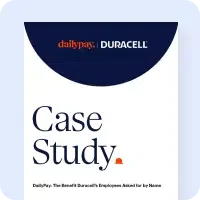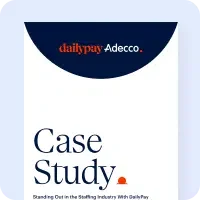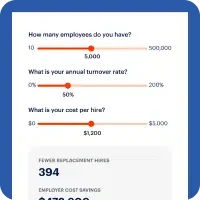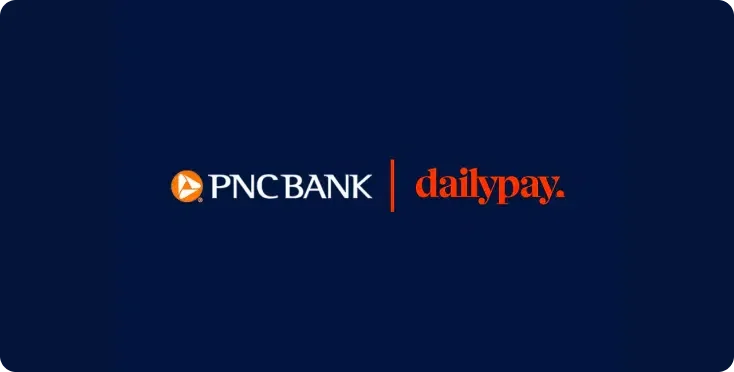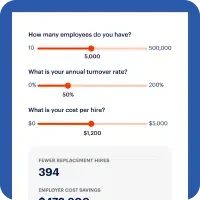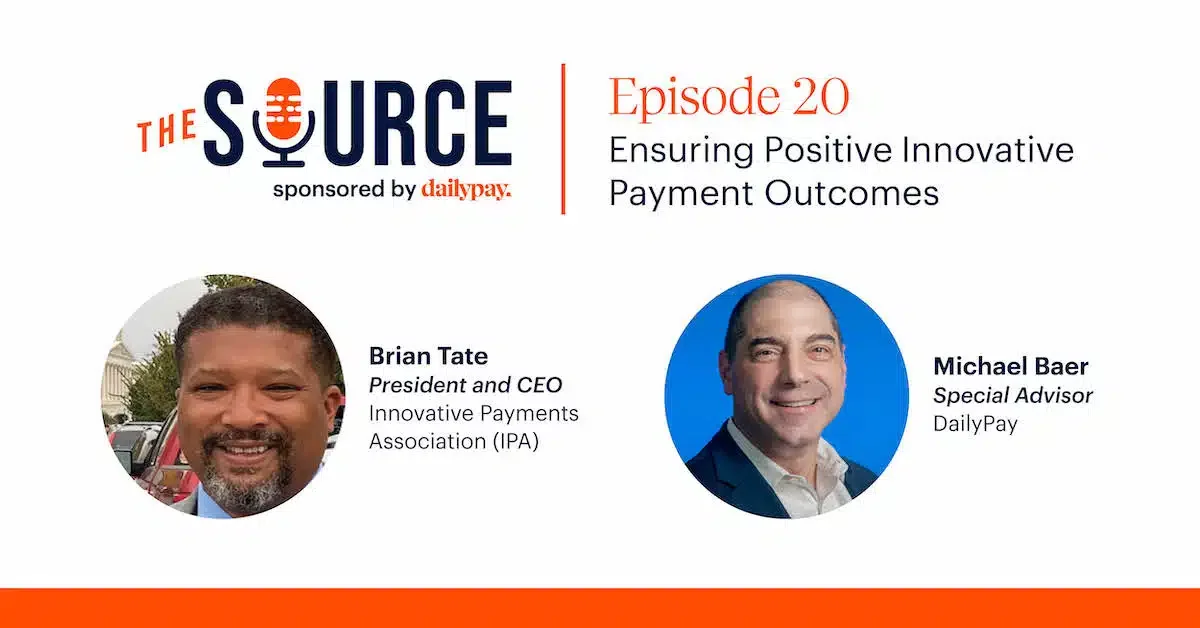Brian Tate states the obvious as an example of how far payment technology has advanced in such a short time: “If you said 15 years ago, we’d all be banking on our iPhones or Samsung phones, who would have believed you?”
In a recent Source by DailyPay podcast, Tate, who serves as the CEO and president of the Innovative Payments Association, said he helps organizations when it comes to navigating the regulatory landscape associated with bringing new tech into payment transactions. And that new technology “replaces your check, your traditional checking account, in most cases, and soon probably your credit cards and other payment tools.”
In talking about the key challenges that need to be overcome for a new payment product or feature to become successful as it goes to market, Tate cited three aspects he’s observed that can be critical in an organization’s attempt to succeed:
- Tate said that developers should consider regulatory compliance in their process before bringing it to market. “If you are a dreamer and a high-level thinker, you’re thinking about ‘how do I help the end-user,’” and sometimes can overlook the need to ask whether the processes are compliant with consumer protection and other rules for that type of service or product. “I want them to integrate these thoughts and ideas and regulations into their product that they’re developing,” Tate said.
- Founders and entrepreneurs that lead these ground-breaking efforts need to “surround themselves with quality people,” Tate said. This is to ensure they do not insulate themselves from potential pitfalls and “that they have a full grasp of what they’re entering into,” he said.
- There also is a need to adequately understand the cost of development and making a product or service market ready. “It’s expensive to bring a product to market and do it the right way. I know everyone wants to rush, but I think crossing your t’s and dotting your i’s is probably the safest, more successful route than to just rush out there and put a product out,” Tate said.
In addressing the explosion of on-demand pay, also known as earned wage access, or EWA, Tate said “I think EWA has taken off because it fills a role in the market and consumers kind of drive the way.” He added “I personally believe that over time, it will probably be just part of your benefits package. If you are working for a company that provides access to it, I think it will be just like healthcare or life insurance or days off for vacation. I think over time, it’s going to be something that people think about when they take a job.”
As for those critical of new innovations in payments, like EWA, Tate said “they need to know we care about the consumer just as much as they do. Although we might have different approaches, I think there’s a vast middle ground that sometimes isn’t always explored by both sides.”
However, “it’s on the industry to explain how that product works, what’s the benefit to the consumer and how we’re protecting consumers at the same time,” he said. “I’ve seen in states where a state politician or a state-elected official may have misused a product or didn’t understand a product, didn’t have a good experience. And then they want to introduce legislation to get rid of it because of that one bad experience.”
“We’re the ones providing the product. We’re the ones helping the consumer. We are the ones who have to complete the circle. I think there’s always a better way to thread a needle. And I think if we all work together, we can do that.”
“The great thing I like about this industry is that there’s no sitting still. It’s all forward progress,” Tate said.
You can access the video of the full podcast here and subscribe to other Source by DailyPay episodes here.
DailyPay is building technology and the mindset to reimagine the way money moves, from the moment work starts. DailyPay’s pay experience goes beyond compliance and flexibility. Through the DailyPay BalanceTM, the technology seamlessly integrates with a variety of pay systems to continuously and accurately track earnings, makes them accessible and accounts for the amounts, so the payroll team doesn’t have to take any action.
For additional resources on this topic, see:
- Aite-Novarica Group Research Finds that DailyPay is a Payday Loan Killer and Overdraft Eliminator
- DailyPay Announces its Digital Wallet Solution to Help Workers Stay Financially Stable
- Employees Rising: Connecting HCM Growth and On-Demand Pay
- Earned Wage Access: Retention and Hiring Impact
- Payroll’s Role is Changing: Here’s How New Technology Will Change it More
- How Full-Service On-Demand Pay Works for Our Payroll Team
- White-Label On-Demand Pay for HCM and Payroll Companies is Now Possible With DailyPay ExtendPX

